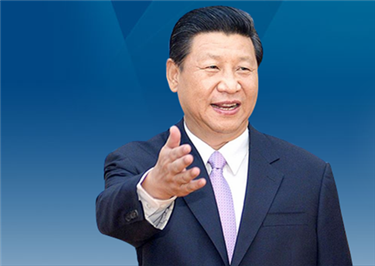Jung Kuo-Tuan (Rong Guotuan)
China's first world champion
1
In April 1959, 600 million Chinese people cast their eyes upon Dortmund, Germany where Jung Kuo-Tuan made history by becoming the first Chinese to win the Table Tennis Man's Single Championship in the 25th World Table Tennis Tournament.
Jung took back to China the prestigious St Bride Vase which only non-Chinese had held since 1929.
Chairman Mao Tse-tung (Mao Zedong) met with the table-tennis star and state leaders Liu Shao-chi (Liu Shaoqi), Chou En Lai (Zhou Enlai), Chu Teh (Zhu De), and Ho Lung (He Long) came to salute the "hero."
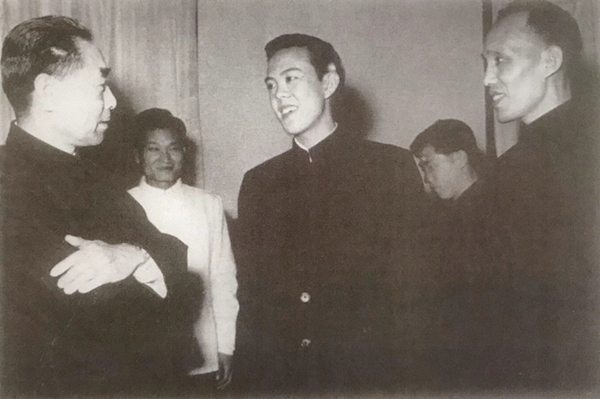
Premier Chou En Lai meets with Jung Kuo-Tuan in 1959.
Jung Kuo-Tuan, the name of a Zhuhai native, has since been enshrined in sports history.
2
Jung Kuo-Tuan was born into a poor seaman's family in Nanping Town in August 1937.
As a child, he went to the well-equipped Zhenxian (Select the Virtuous) School, which was financed by Yung Wing (Rong Hong), the forefather of Overseas Chinese Students, and now operates as Yung Wing Museum. He took a special interest in table tennis when he was 7 and soon became "king of table tennis" in the school.
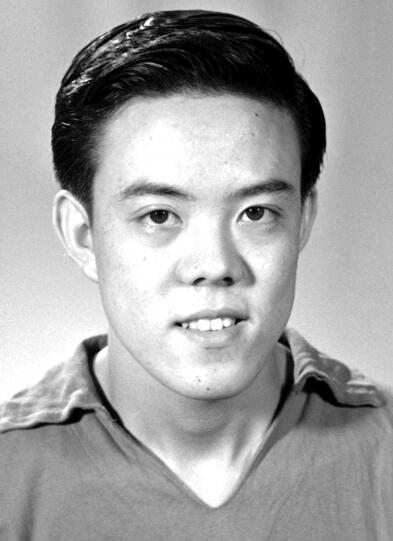
A young Jung Kuo-Tuan [Photo courtesy Xinhua]
On Oct 1, 1955, Hong Kong's trade unions sponsored events to mark the 6th anniversary of the founding of the People's Republic of China. Jung Kuo-Tuan, age 18, was selected to join the club of Hong Kong Federation of Trade Unions.
3
In February 1957, Jung Kuo-Tuan represented the Federation at the Hong Kong Table Tennis Tournament and became an instant hit by winning the men's singles and doubles.
When a Japanese team visited Hong Kong two months later, Jung Kuo-Tuan defeated table tennis world champion Ogisu Ichiro 2-0, becoming the biggest single newsmaker and a household name in Hong Kong.
Three months later, when Jung Kuo-Tuan visited the Chinese mainland with his teammates, Vice Premier Ho Lung held his hands tightly, saying: "You're welcome home to contribute to our table tennis course!"
Half a year later, Jung returned to the Chinese mainland on Nov 29, 1957.
4
Jung enrolled at Guangzhou Sports College and committed himself to intensive physical training.
When the quiet young man ascended the podium at the Guangdong Sports Work Conference and pledged to win a world championship in three years with explanations about his targets and plans, he left the audience somewhat aghast.
Before long, Jung Kuo-Tuan was assigned to the National Team in Beijing to prepare for world competition. At this time, Jung swore again to dispose of the image "The Sick Man of East Asia" to the Pacific Ocean.
5
It was Jung Kuo-Tuan's first time to represent his nation as he took part in the 25th World Table Tennis Tournament in 1959.
It was during this contest that he said, "How many rounds of struggle can one face up to in a lifetime? And it's high time to make a show."
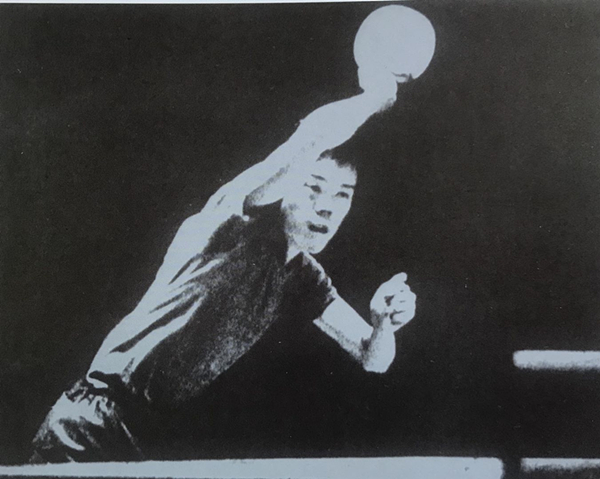
Jung Kuo-Tuan wins the men's singles title at the 1959 World Table Tennis Championships in Dortmund, Germany, on April 5, 1959.
The 1959 World Table Tennis Championships were held in Dortmund, West Germany. With strong determination and top-notch skills, Jung beat Hungarian Ferenc Sido in the final and claimed China's first-ever world title for having scored 26 victories.
6
Jung Kuo-Tuan's win resulted in a brand-new image for China in the world table tennis arena. The International Table Tennis Federation decided that the 26th World Table Tennis Tournament would be held in Beijing.
The 26th World Table Tennis Tournament opened in Beijing in April 1961. Working with teammates Xu Yinsheng and Zhuang Zedong, Jung achieved the decisive score for the Men's Team champion by defeating a famous world player, thus ending the Japanese team's five successive wins.
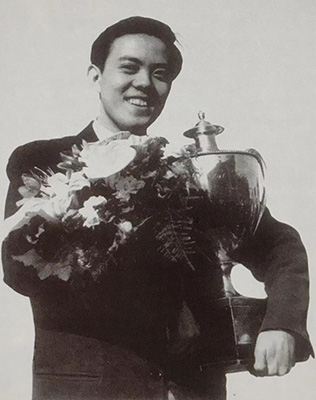
Jung Kuo-Tuan (Rong Guotuan) (1937-68) [Photos courtesy Cnsphoto]
Vice Premier Lo Jui-ch'ing (Luo Ruiqing) hailed Jung's triumph as "set the win by one score."
7
Jung Kuo-Tuan was appointed head coach of the China Women's Team in 1964.
The 1965 World Table Tennis Championships -- Corbillon Cup (Women's Team) took place in April 1965. Under Jung's tutelage, Chinese women players Liang Lizhen, Li Henan, Lin Huiqing, and Zheng Minzhi defeated Japan in the final 3-0 and won the first Corbillon Cup for China.
Having contributed to Chinese victories in the Men's Singles, and for both the Men's and Women's team in only five years, Jung was dubbed "Three-Number 1 Creator."
Nonetheless, Jung Kuo-Tuan hung himself on June 20, 1968 at the age of 31 as the Cultural Revolution turned things upside down. His contributions were acknowledged, and reputation rehabilitated by the National Physical Culture & Sports Commission of People's Republic of China on June 23, 1978.
The first statue of Jung Kuo-Tuan was unveiled in 1987 and relocated to Zhuhai Sports Center on April 3, 2003. Other statues of him have also been raised at Beishan Village and Nanping Community Culture Square. Moreover, a memorial hall was dedicated in the Yung Wing School of Huafa New Town on April 5, 2009.
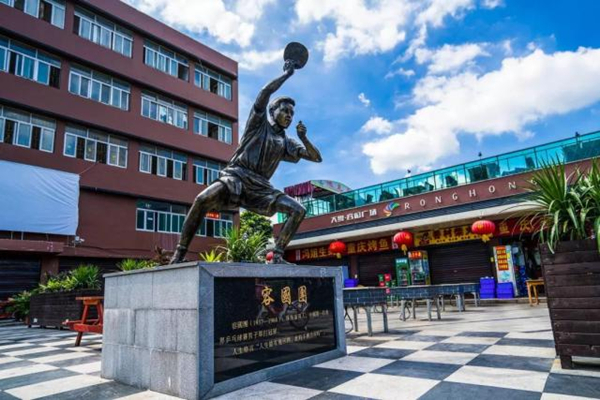
Jung Kuo-Tuan statue at Nanping Community Culture Square [Photo courtesy WeChat account: zhxiangzhou]

